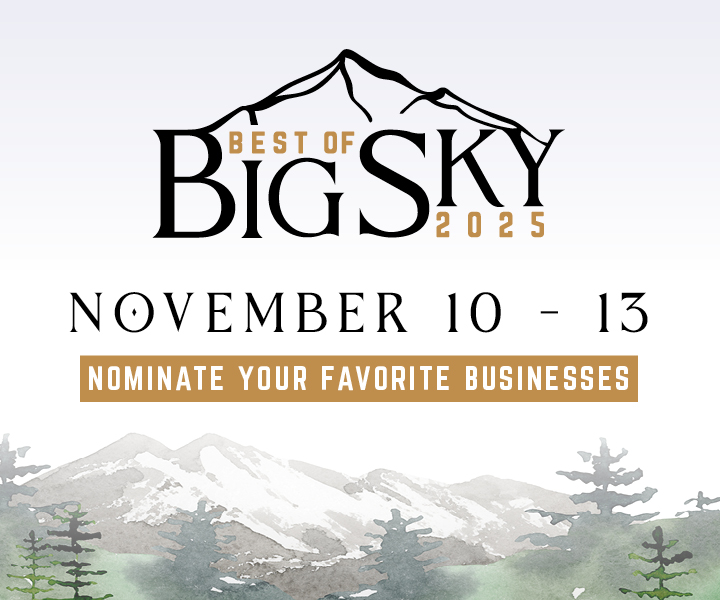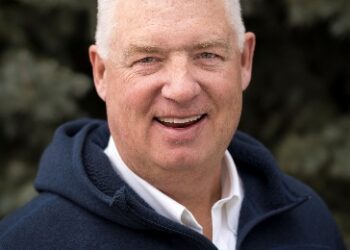By Fischer Genau EDITORIAL INTERN
Grow Wild will host its annual weed pull along the Gallatin River on June 8, from 9-11 a.m., to fight back against noxious weeds and educate volunteers on how to manage invasive species.
Grow Wild, a nonprofit devoted to conserving native species in the Upper Gallatin Watershed, is partnering with the Madison-Gallatin Trout Unlimited, Gallatin County Weed District and Custer Gallatin National Forest to organize the event. Volunteers will meet at Moose Creek Flat Campground for coffee, cinnamon rolls, a volunteer raffle and a brief invasive species talk before dispersing to multiple sites along the canyon to pull noxious weeds like spotted knapweed and houndstongue.

“If you do anything in that canyon, this is a way to offset your impacts and do good,” said Jennifer Mohler, Grow Wild’s executive director. “It’s a way to conserve the landscapes we all love.”
Noxious weeds, plants designated as injurious to public health, recreation, agriculture, wildlife or property by the government, are habitat transformers, and they can cause extinctions of native plants, reduce biodiversity, decrease water quality and degrade recreational experience, according to Mohler.
“They are competitive, adaptive, persistent and they’re noxious for reason,” Mohler said. “When native plants get overtaken by invasive plants, it has a profound cascading effect on our ecosystem.”
Five hundred and nine volunteers have helped pull over 10,000 pounds of noxious weeds since Grow Wild began hosting weed pulls in 2009. Mohler has been there for every one of them, and she’s noticed a visible impact.
“One of the sites where we’ve been working for so long, we’ve really seen a dramatic improvement,” Mohler said. “It used to be solid spotted knapweed, and now we are seeing wildflowers there that we’ve never seen before.”
But for Mohler and Grow Wild, it’s about more than just pulling weeds. They want to educate people to identify these invasives on their own so they can take action, and Mohler would like people to walk away with a greater appreciation for their own impact on the environment.
“Noxious weeds are our legacy,” Mohler said. “They’re there because of us, so it’s our responsibility to manage them and take action.”














